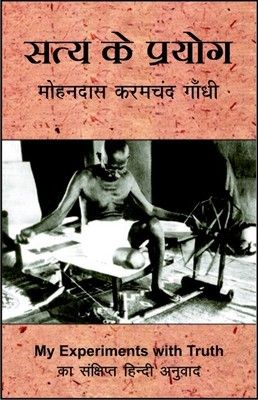
Truth, Satya, was the central axis of the Gandhian system of thought and practice.įor Mohandas Karamchand Gandhi, everything turned on Truth - satyagraha, swaraj, ahimsa, ashram, brahmacharya, yajna, charkha, khadi, and finally, moksha itself. He found it, of course, in his non-violence and, ultimately, in independence for India. Gandhi, in short, was a leader looking for a spiritual cause. In Gandhi’s autobiography, The Story of My Experiments with Truth, one can find the idea that life is nothing but a spiritual experience with truth, and a struggle against all forms of untruth and injustice.Īs such, Gandhi claimed that his life was his message, simply because he extended his practice of satyagraha to all walks of life.
The second Gandhi is the Ashramic Gandhi who is more of a mystic than a politician, who used fasting as a method of struggle, and who Rabindranath Tagore considered as the “Mahatma”, the “Great Soul”. This is the man Albert Einstein lauded as “a leader of his people, unsupported by any outward authority, a politician whose success rests not upon craft nor the mastery of technical devices, but simply on the convincing power of his personality.” The first Gandhi is the political Gandhi who fought against British colonialism and is the father of the modern Indian nation. In the minds of people around the world, Gandhi represents two different and contradictory characters. Some among these admirers evaluate Gandhi’s impact on human history as being as significant as that of Jesus, Buddha and Karl Marx. For them he created and perpetuated unrealistic and confused ideas about economic development and technological progress.įor his admirers, Gandhi was a man of spiritual truthfulness and democratic action, both at the public and personal levels, with a unique method of struggle that combined political pragmatism with ethical integrity. For some, he was a puritanical, conservative critique of modernity. Opinions and views about his person and his non-violent technique of struggle remain deeply divided. 
Gandhi: Philosophy and significance in present times

Mahatma Gandhi: Born on October 2, 1869, in Porbandar, Gujarat General Studies 4: Ethics Indian thinkers and philosophers.General Studies 1: Personalities in Indian national movements.






 0 kommentar(er)
0 kommentar(er)
